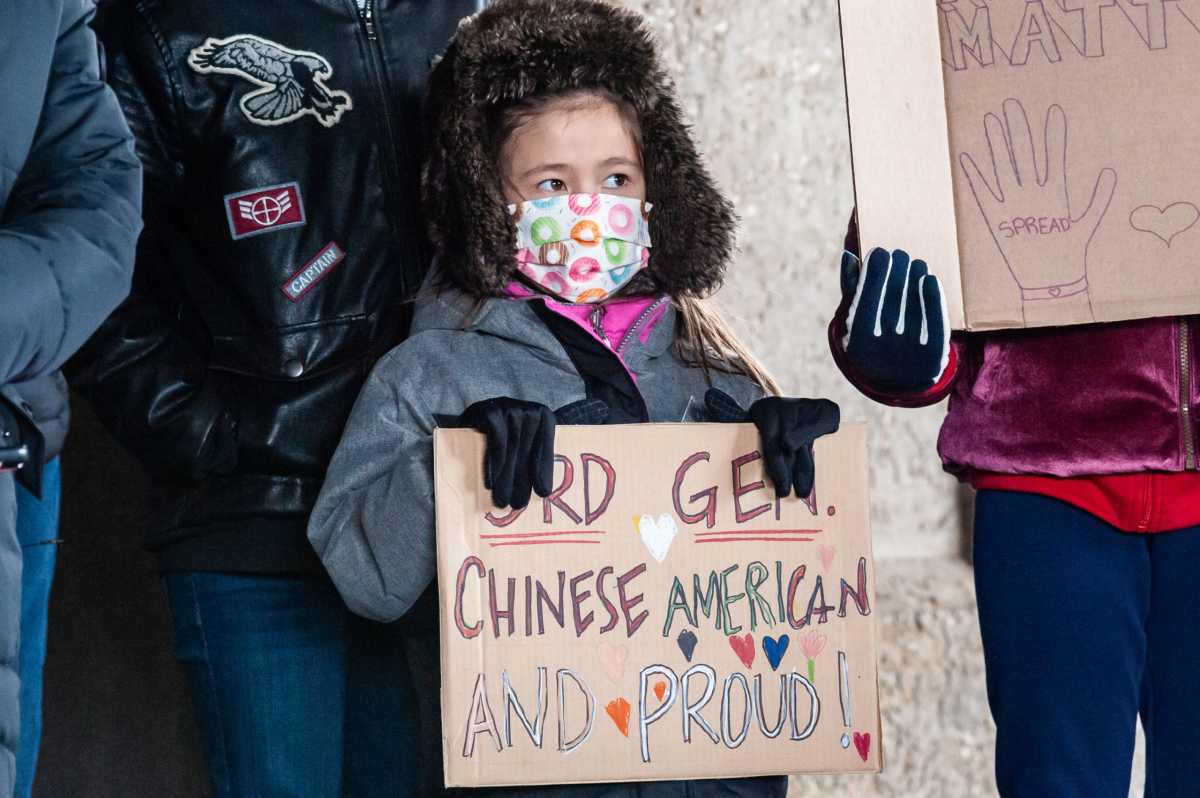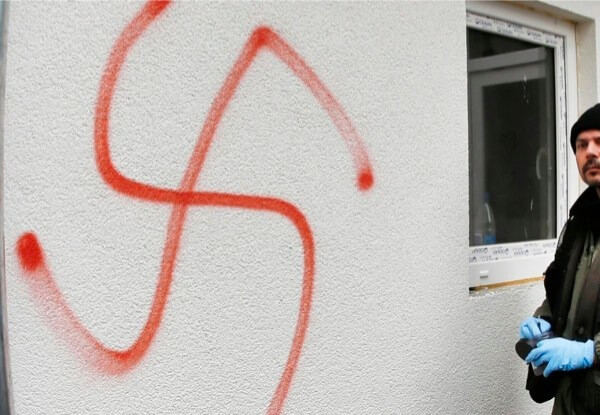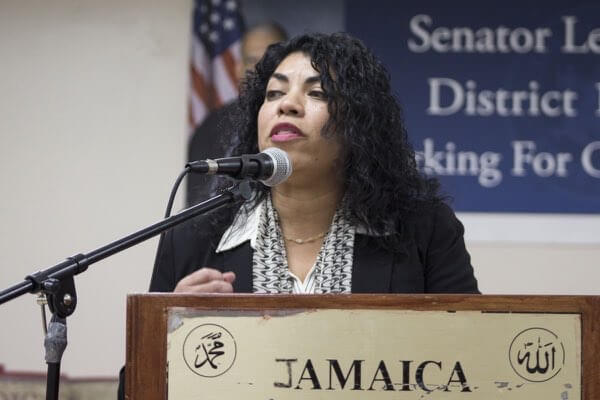The recent influx in hate crimes directed toward Asian American communities in Queens and across the nation has garnered much public attention on the subject of racial hostility.
While there have been several protests throughout the borough in recent weeks, the anti-Asian sentiments have not gone away. In Queens alone, there have been several recent incidents, including one in which a man hurled anti-Asian slurs at a woman on board a subway train before destroying her phone while she made a call on Tuesday, March 23. That incident came after a group of teenagers attacked a 13-year-old Asian American boy on a Flushing basketball court.
As the issue continues to plague the borough and the country, Asian American teenagers in Queens transparently shared their thoughts with QNS upon being asked to explain their feelings toward the current situation.
“I don’t feel safe at all,” said Tyler Lee, a high school senior residing in Flushing. “Although I haven’t been affected personally by the recent attacks, it’s both threatening and infuriating to see a list of new crimes against Asians on the news each morning.”
The hate crimes, according to Lee, are not committed due to the wrongdoing of victims. The victims so far were innocent individuals; they were simply attacked for their racial identity, Lee said. For this reason, violence against Asian Americans cannot be justified in any way, according to Lee.
“It’s crazy because last year, I was afraid to leave the house due to the virus. But now I don’t want to leave my home because I could easily be attacked while walking down the street or waiting for a train,” claimed Sarah Wang, a high school senior who lives in East Elmhurst.
Wang said her parents, who own a beauty supply store in Astoria, have been told “go back to your country” a countless number of times since the outbreak of the coronavirus. Wang suspects that the sudden projection of anti-Asian sentiments is an outcome of the blame that Asian Americans have taken for the ignition of the pandemic.
However, it is also evident that racist attitudes toward the Asian American community are not a part of a new trend; they have been present long before the recent surge in hate crimes.
“I attended a private institution for five years during my elementary and middle school days,” said Sandi Shao, an 11th-grade student who resides in Bayside. “I was the only Chinese [student] in my grade, and I was shamed for it.”
Some of her non-Asian classmates, Shao recalled, were quick to make insulting generalizations regarding her background. She said she was often fallaciously mocked for being a “dog-eater.”
Because she wished to feel less isolated and belittled by her surroundings, Shao made efforts to blend into the American-style atmosphere of her school environment and to conceal her traditional background as much as she could. However, such actions collected more sneers from her classmates.
“Some kids would joke around saying that I was a ‘banana’: yellow on the outside and white on the inside,” she told QNS. “It took me a while to realize that I wouldn’t be appreciated and included either way.”
The current rise in anti-Asian sentiments, she continued, provokes her to use her past experiences to raise her voice against the conflict. In order to make change, more people should explore the issue and help fight against it, according to Shao.


































